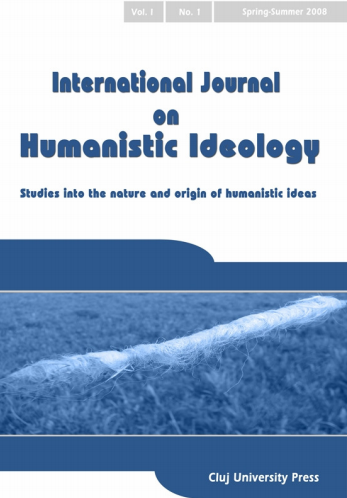Verbal communication and gender discrimination:A study from an Indian perspective
Verbal communication and gender discrimination:A study from an Indian perspective
Author(s): Chaterjee Sinha AtasheeSubject(s): Philosophy
Published by: Presa Universitara Clujeana
Keywords: language; gender; communication; language and power; covert violence; discrimination; linguistic violence; male language; female language; languages in India; language of care
Summary/Abstract: I have presented a short survey and analysis of the frequently found differences between Masculine and Feminine language vis-à-vis the traditional gendered outlook, with references to both Indian and Western culture and linguistic practice. My study is confined to inter-personal communication where we find various forms of covert violence. The social context, the politics of power, the gendered roles and the mental conditioning of men and women are found to be the cause of the domination of men over women in several societies and the discriminatory use of everyday language in most nations, around the world. The point to be taken into consideration here is that we need to find an alternative to such violent linguistic usage which are covertly denying freedom and dignity to a particular group of human beings who stand in “down” position in a “top-down” power structure. Within such a power setup, women are labeled not only as weaker sex but also as incapable of using the language that is intelligible and understandable by all (here “all” refers to men). However it is evident from this exposition that the language spoken and accepted as normal has many hidden nuances which are far from being respectful to women. No matter how much energy has been spent so far on dividing men’s language from women’s language, or for bridging the gap of communication between the two sexes, I find it more crucial today to enquire whether the so-called neutral masculine language can restore equality and dignity for all, irrespective of biological, psychological or any other differences. It is with the help of a few feminist critics, thinkers and sociologists that I have attempted to formulate some alternative ways of speaking in a more respectful, and non-violent manner.
Journal: International Journal on Humanistic Ideology
- Issue Year: I/2008
- Issue No: 01
- Page Range: 85-110
- Page Count: 26
- Language: English

